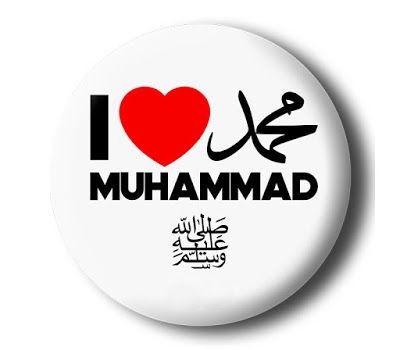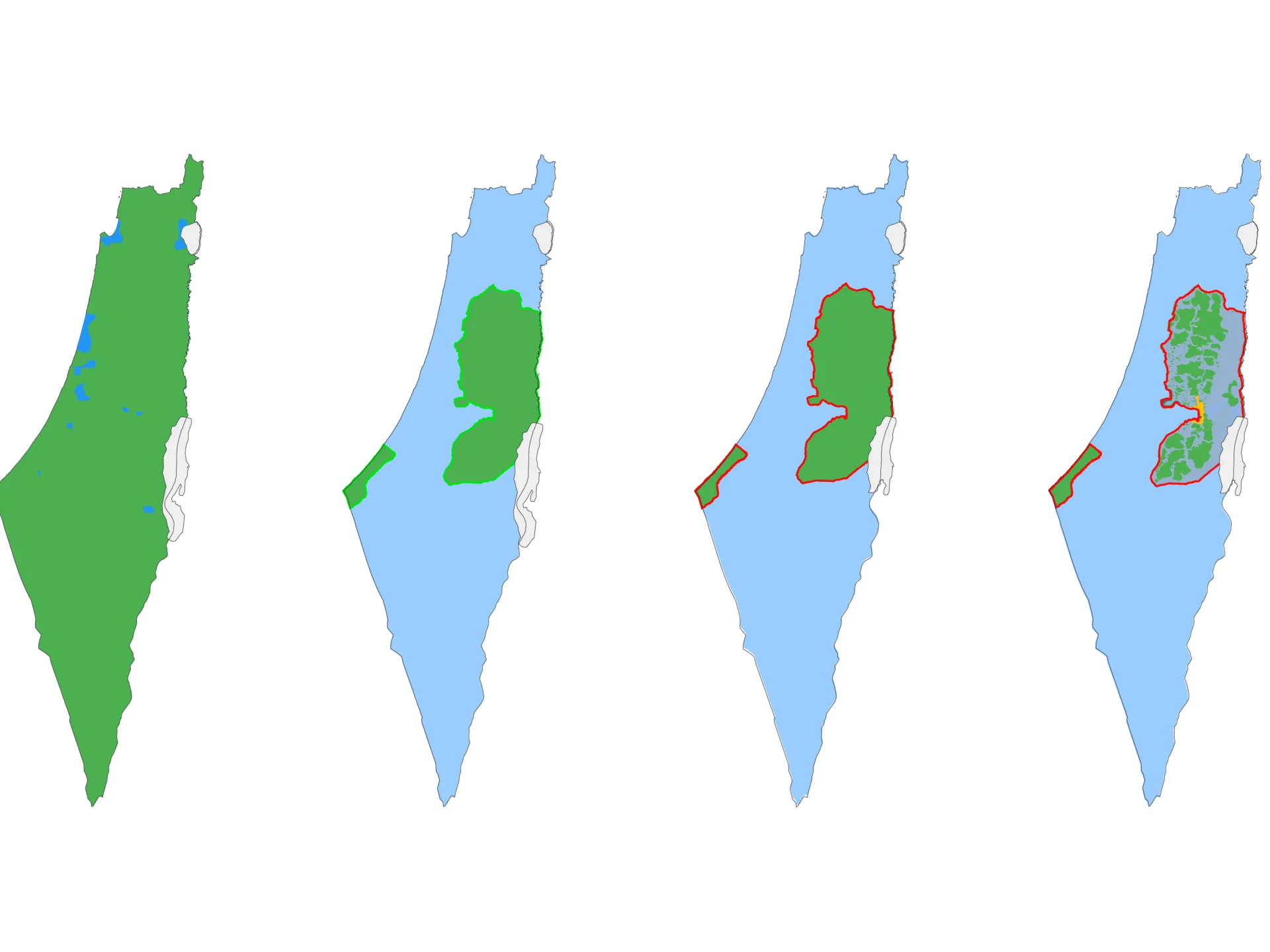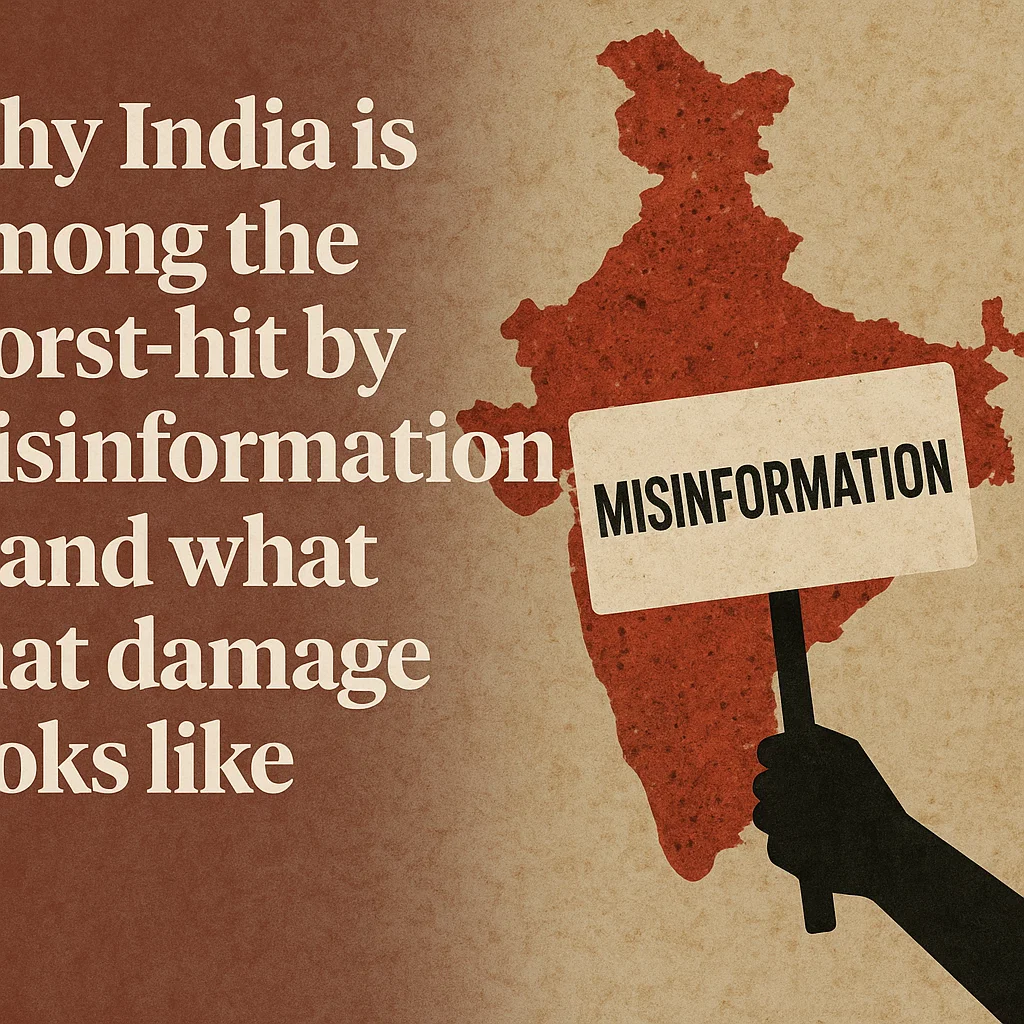A deep news analysis of Europe’s moves, Arab coordination, Trump’s likely playbook, and the future of Palestine
Over the past few days a number of major Western and European countries — including Britain, Canada, France, Australia and several EU states — formally announced recognition of a Palestinian state; many more countries already recognise Palestine and the total now exceeds 150 UN members. Israel has reacted angrily and categorically rejected such recognitions. Recognition is diplomatically powerful but does not create immediate, enforceable sovereignty on the ground without parallel political, economic and security instruments; it does, however, reshuffle the diplomatic chessboard in ways that materially help Palestinian diplomacy and constrain Israel politically. The crisis now turns on whether Europe, Arab states, and the broader international community (including the U.S. under Donald Trump) convert symbolism into pressure and protection — and whether Israel responds with unilateral measures that make a viable two-state reality harder to achieve.
1) The factual baseline — what just happened (news in the last few days)
• Multiple Western governments moved from rhetoric to formal recognition of a Palestinian state at a high-level UN meeting and in bilateral announcements. This marks an unusual and rapid diplomatic shift by major Western democracies.
• More than 150 countries already recognise Palestine; these recent recognitions add political weight in the West and increase the diplomatic isolation of Israel on this issue. Many Palestinians greeted the move with a mix of hope and scepticism — hope for legitimacy and leverage, scepticism because recognition alone does not end occupation or change conditions on the ground.
• Israel’s leadership has publicly rejected the recognitions, warning they reward terrorism and saying such steps are harmful to peace prospects. Israeli officials are also publicly considering countermeasures, including annexation moves or other unilateral policies to consolidate control over West Bank areas.
2) What “recognition” actually does — legal, diplomatic, and material effects
Recognition of a state is a legal-diplomatic act with three layers of effect:
- Legal/diplomatic: Recognition allows Palestine to open embassies, participate more fully in international organizations and treaty regimes, and claim fuller rights under international law (treaty accession, standing in international courts and bodies). A broader set of recognitions strengthens Palestine’s claim to statehood in multilateral forums.
- Political/strategic: Large Western recognitions change political calculations in capitals, parliaments and public opinion. They make it harder for Israel’s allies to defend its policies unconditionally, and increase pressure for accountability measures (investigations, arms controls, restrictions on settlement products).
- Material: Recognition by itself does not change facts on the ground — no foreign army arrives to enforce borders, and recognition does not automatically halt settlements or change control of territory. Material change requires parallel levers: conditional economic pressure, diplomatic isolation, and (critically) credible security guarantees for both sides or international protection mechanisms. Palestinians and many states therefore see recognition as a step, not a solution.
3) Can Europe & Arab states “implement” recognition if Israel refuses? — what implementation looks like, and its limits
Short answer: They can implement a range of diplomatic, economic and legal measures that increase Palestinian space and pressure Israel — but none of these constitutes immediate, unilateral creation of effective Palestinian sovereignty without either Israeli acquiescence or a major international enforcement mechanism.
Tools available to Europe & Arab states
- Diplomatic normalization & recognition cascade: More embassy openings, upgraded Palestinian missions, and broader diplomatic ties. This gives Palestine administrative and representational reach — visas, treaties, trade deals — that strengthen state functions.
- International law routes: Pushing for Palestinian accession to treaties (e.g., Rome Statute, Geneva Conventions) and for UN agencies to grant broader rights. This increases legal options against alleged war crimes or occupation practices, though enforcement depends on international institutions’ political will.
- Targeted economic measures: Sanctions or import restrictions targeting settlement products, suspension of preferential trade on goods produced in occupied territories, or targeted financial penalties against entities involved in settlement expansion. Europe has the technical capacity to do this; politically it risks rupture with the U.S. and domestic pushback.
- Aid, reconstruction and state-building: Massive Arab and European funding packages for Gaza and the West Bank could accelerate state institutions, provide social stability, and reduce the appeal of militancy — if protected and delivered at scale. Saudi, Gulf and EU money could be decisive but requires secure delivery mechanisms.
- International protection mechanisms: Deploying multinational observers or protection forces under UN or regional mandate. This is the most politically fraught option — it requires Security Council backing (or a coalition of willing states) and is likely to be vetoed by the U.S. while Washington continues to shield Israel at the UN. Even if Europe and Arab states coordinate, without U.S. participation or at least acquiescence, full UN peacekeeping against Israeli objections is legally and operationally hard.
Limits and practical obstacles
- U.S. Security Council vetoes: The United States can (and likely will) veto Security Council measures that it judges too punitive toward Israel; that limits UN enforcement options. Europe + Arab states can attempt unilateral measures but hit diplomatic constraints without U.S. backing.
- On-the-ground control: Recognition does not displace occupying forces. Unless an enforcement coalition is created (militarily or via strong diplomatic leverage that compels Israeli restraint), Palestinians will continue to face occupation realities.
- Political heterogeneity among EU states and Arab world: Not all EU members or Arab states share identical thresholds for measures. Italy, for example, has conditioned recognition on exclusion of Hamas and release of hostages. This fractures a uniform European or Arab line and weakens unified enforcement.
4) What will Donald Trump probably do? (Likely courses of action and constraints)
What the facts show so far: President Trump has already publicly denounced European recognitions as rewarding terrorism and used sharp rhetoric at the UN; he’s held meetings with Arab officials focused on Gaza in the days after the recognitions. His domestic political base is staunchly pro-Israel and he is sensitive to domestic political cues.
Probable Trump playbook (near-term):
- Unconditional diplomatic and material support for Israel: Expect renewed U.S. diplomatic protection (veto threats, condemnation of recognition moves) and enhanced military/economic security assistance to Israel as reassurance. Trump will use the presidency’s bully pulpit to delegitimise recognitions as “rewarding terror.”
- Pressure on recognising governments: Trump may threaten consequences — intelligence cooperation caveats, public diplomatic pressure, or trade/political measures — particularly aimed at close allies who break ranks. The U.S. president has multiple levers (classified intelligence sharing, export controls, bilateral bargaining) to signal displeasure. Some of these would be political/administrative rather than automatic.
- Backchannel bargaining with Arab states: Trump will seek to deepen contact with Gulf and Arab leaders (already evident in recent meetings) to keep them tethered to U.S. regional strategy and to limit broader Arab moves that seek to militarize their diplomatic response.
- Domestic mobilisation: Expect Trump to energise his domestic base by casting recognition as weakness and to court pro-Israel constituencies (evangelicals, Jewish conservatives) for political support. This limits his room to moderate.
Constraints on Trump’s options
- European sovereignty: The U.S. cannot legally stop sovereign European states from recognising Palestine; it can only use carrots/sticks in bilateral ties. Overt coercion would be political suicide with some allies.
- Global optics: Heavy-handed U.S. reprisals could accelerate transatlantic rifts and make Europe politically more independent, a result Trump would not want. He therefore faces the paradox of needing to defend Israel without provoking a deeper rupture.
5) Plausible scenarios for the near- to medium-term future of Palestine (0–24 months)
I lay out three plausible trajectories — best case, middle case, and worst case — grounded in current facts and political incentives.
Best case — “Diplomacy plus protection” (requires rare alignment)
What happens: Europe + Arab states coordinate recognition with a major reconstruction and protection package (humanitarian corridor, EU/Arab funded reconstruction authority, targeted sanctions on settlements). The U.S., under pressure and political calculation, agrees to a narrowly framed Security Council resolution protecting humanitarian access and calling for immediate halt to settlement expansion (or abstains rather than vetoes). Palestine consolidates governing institutions in West Bank and gets partial control of Gaza reconstruction via vetted international mechanisms. Outcome: Real international momentum toward a two-state framework; political gains for Palestine translate into state-building and improved services.
Probability: Low — requires U.S. acquiescence or at least restraint and exceptional unity among EU and Arab states.
Middle case — “Diplomatic gains, limited material change” (most likely)
What happens: Recognition expands Palestine’s diplomatic space: embassies open, UN agency participation grows, legal avenues in international courts widen. Europe and Arab states provide donor money and symbolic pressure (settlement product bans, reduced cooperation with firms tied to occupation). Israel resists but refrains from full annexation due to international backlash and practical costs. Palestine gains legitimacy and some aid but remains constrained by Israeli security control and internal governance fragmentation (PA in West Bank, Hamas in Gaza). Outcome: Improved international recognition and softer levers of pressure — better for Palestinian diplomacy but no immediate end to occupation.
Probability: Medium — consistent with current political dynamics.
Worst case — “Consolidation of occupation and fragmentation” (dangerous but possible)
What happens: Israel responds to recognition by accelerating unilateral measures (annexation, sweeps, settlement legalisation), possibly provoking limited Arab responses but not full mobilisation. The U.S. under Trump escalates diplomatic and military support for Israel and threatens or penalises Western states that recognise Palestine; EU unity fractures over tactic and scope; Palestinians face worsening humanitarian conditions and governance collapse in Gaza/West Bank. Outcome: Diplomatic recognition remains symbolic; Palestinian statehood is stillborn in practice; regional polarisation intensifies; risk of wider violence rises.
Probability: Material — nonzero and dangerous, particularly if violence escalates.
6) Strategic implications and policy options (for Europe, Arab states, the U.S., and Palestine)
For Europe
- Prioritise coordinated packages that pair recognition with delivery: humanitarian corridors, reconstruction trusts, and targeted legal tools (settlement product bans, asset freezes). Avoid unilateral punitive measures that fragment EU unity. Build contingency plans for intelligence sharing and security cooperation resilience in case of U.S. pressure.
For Arab states
- Use financial leverage — Gulf reconstruction funds, aid conditionality — but calibrate so that aid reaches civilians and strengthens legitimate Palestinian institutions (PA, municipal bodies) not militant groups. Saudi/Gulf political leadership could be decisive in brokering compromise if they balance pressure and incentives smartly.
For the U.S. (Trump administration)
- Expect the administration to focus on shielding Israel and using bilateral tools to deter recognitions. A smarter U.S. option (politically hard) would be to lead a joint, conditional package that protects Israel’s security while delivering unprecedented humanitarian relief and an international guarantee for a Palestinian entity — but domestic politics make that unlikely.
For Palestinian leadership
- Translate recognition into governance: open embassies, sign treaties, improve law enforcement and anti-corruption to attract aid, and create transparent reconstruction mechanisms that reassure donors and prevent diversion to militias. Political unity (or at least functional coordination between PA and Gaza authorities) will be decisive.
7) Bottom line — what to watch in the next 7–30 days
- U.S. diplomatic posture at the UN (vetoes, abstentions, Security Council proposals).
- European coordination — whether recognitions are followed by a joint package (aid + legal measures) or by disjoint unilateral moves.
- Arab state actions — especially Saudi and the Gulf: funding commitments, diplomatic moves, or decisions to normalise vs. sever ties with Israel.
- Israeli operational response — annexation steps, settlement authorisations, or military escalations in the West Bank/Gaza.
- Palestinian governance moves — embassy openings, treaty accessions, internal reconciliation signals.
Final analytic judgment
Recognition by major Western and European countries is a significant diplomatic shift that enhances Palestinian legal and political leverage. But recognition is not a substitute for on-the-ground power — and without either Israeli cooperation or robust international enforcement and protection (which hinges on U.S. choices), it will not by itself create a functioning sovereign Palestinian state. Europe and Arab states have tools to turn recognition into pressure — aid, legal tools, trade measures and targeted sanctions — but those tools require coordination, political will, and, in many cases, U.S. acquiescence or at least restraint. In the short-term, expect a prolonged diplomatic tussle, legal manoeuvring, and sharper polarisation; the medium-term outcome will be determined by whether the international community pairs recognition with credible protection and an enforceable state-building programme — or whether Israel’s unilateral counter-moves and persistent on-the-ground control render recognition largely symbolic.








